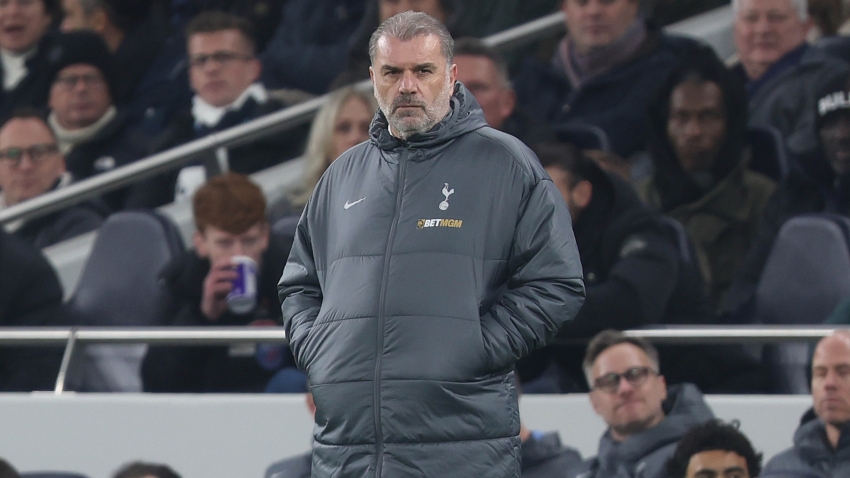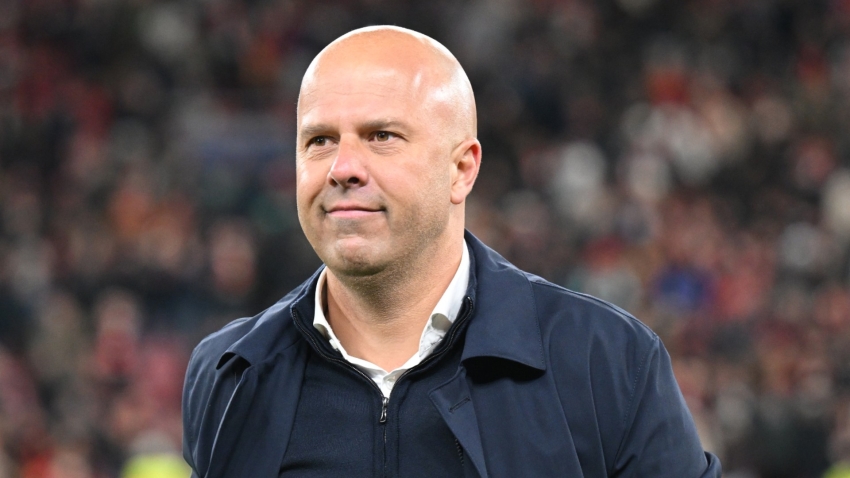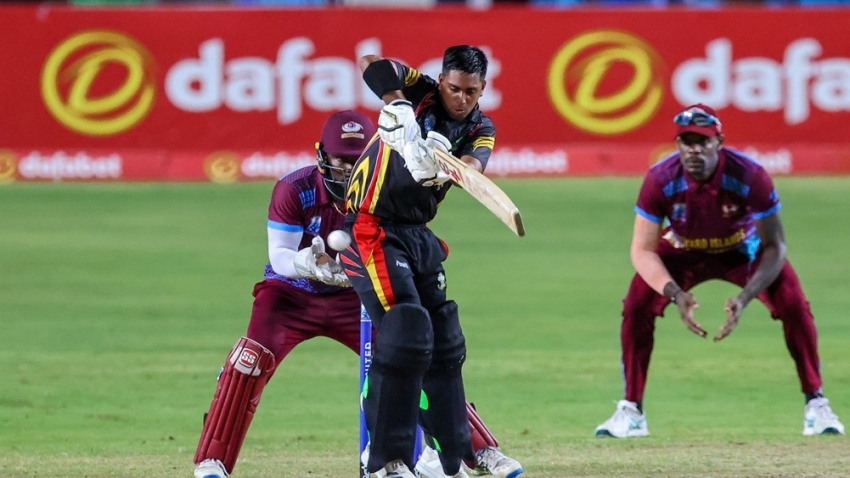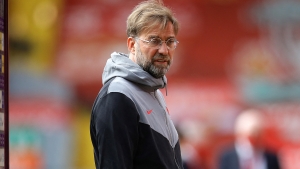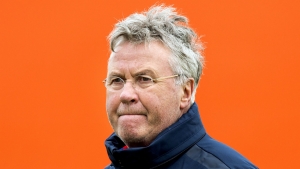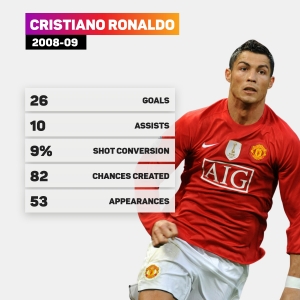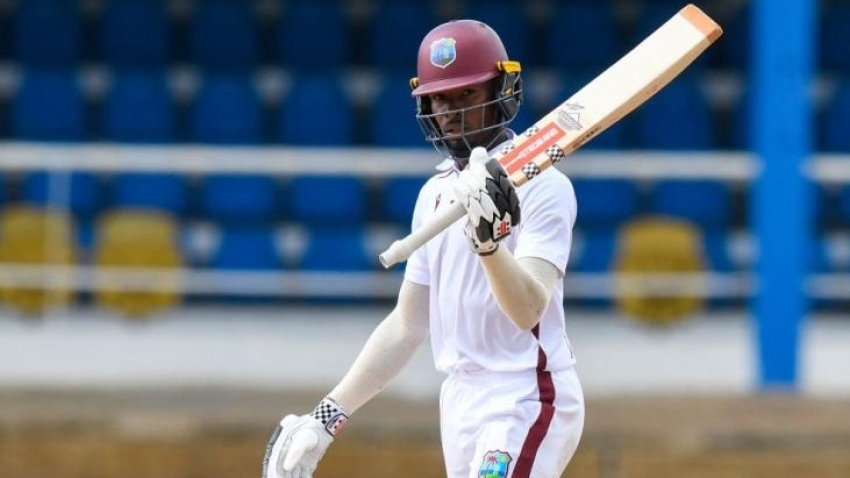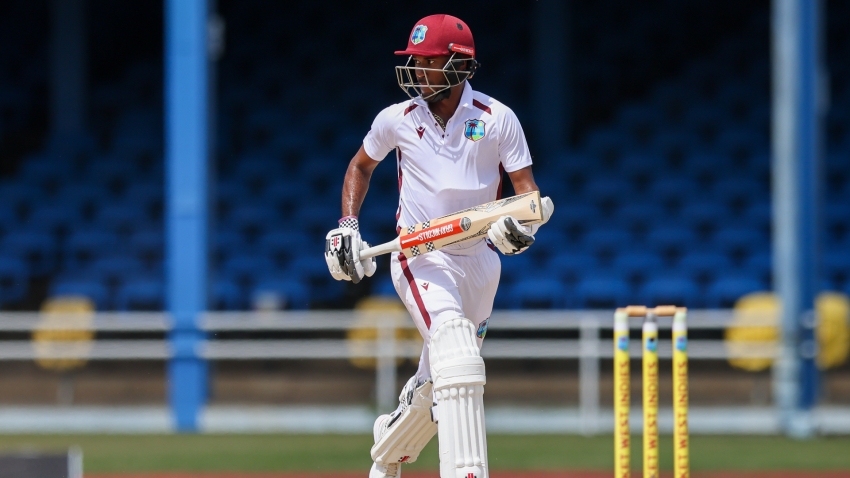Jurgen Klopp and Julian Nagelsmann have hit out at FIFA's plan to stage the World Cup every two years, saying such demands were too much for players.
Liverpool manager Klopp and Bayern Munich head coach Nagelsmann are considered two of Europe's top bosses, and their stance is directly contrary to the position taken by FIFA's Arsene Wenger.
Former Arsenal manager Wenger is chief of global football development with the world governing body, and he has said the proposals are "the right solution for the modern way to organise football".
As well as the biennial World Cup, qualifying games would take place in extended mid-season international breaks, which would mean time spent away from clubs is concentrated into one or two stints in a campaign.
Wenger may find support for various aspects of his reform plans, but shifting the World Cup from its long-standing tradition of happening every four years is a step too far for many senior figures in the game.
Klopp said in a Liverpool news conference on Friday: "There's no other sport in the world with such a relentless calendar. [There are] more demanding sports, but they don't run all year.
"We know why it's happening. Whatever people say ... it's all about money. That's fine. We do it because we love it and get lots of money as well.
"At one point, someone has to understand that without the players we cannot play this. No one is more important than the players. A World Cup every two years, then every two years there is the Euros too.
"So every year, a top-class player plays an international tournament. A three-week break every year?
"The ideas about reform are always about more games. There are too many 'meaningless games' [they say] but if you only have competitions under pressure that's difficult. We never have time for pre-season with key players. They play without a break. That's not right."
Nagelsmann's verdict reflected that of his fellow German Klopp.
"A World Cup every two years, I don't like that," Nagelsmann said in Bayern's pre-match news conference.
"I'm not a friend of that idea. On one hand it's the strain on all the players and of course it just diminishes a World Cup if it's every two years.
"We have such a flood of games, a schedule that's difficult to cope with, specifically here in Germany and here in Munich.
"We have to have proper finances, make sure that we have a good squad. We need bigger squads, that means you have bigger costs. You need 24 players because you have to compensate for all the injured players because of this busy schedule.
"At some point it doesn't make any more sense. The footballers are there to entertain the masses, and to thrill the masses. But of course these are people who have health and fitness issues every once in a while who need a day or two to regenerate.
"This incredibly busy schedule isn't good for the quality of the games.
"And if the quality of the games decreases then there's going to be less money in future – people will not watch as much football if it's slow, if the players are injured and can't run anymore."
UEFA president Aleksander Ceferin this week claimed teams from Europe and South America may boycott the World Cup if FIFA presses ahead with its plan.
The Premier League, meanwhile, was among a group of major European leagues that came out "firmly and unanimously" against FIFA's proposals.
The men's World Cup has taken place every four years since the inaugural edition in 1930, aside from 1942 and 1946 due to the Second World War, while the women's World Cup has followed suit since it was first staged in 1991. The men's 2022 World Cup will take place in Qatar.









